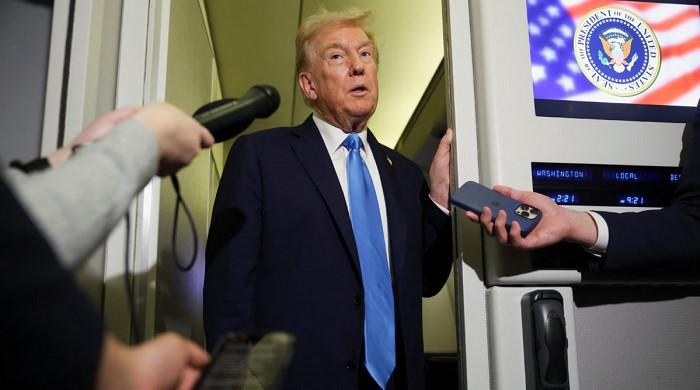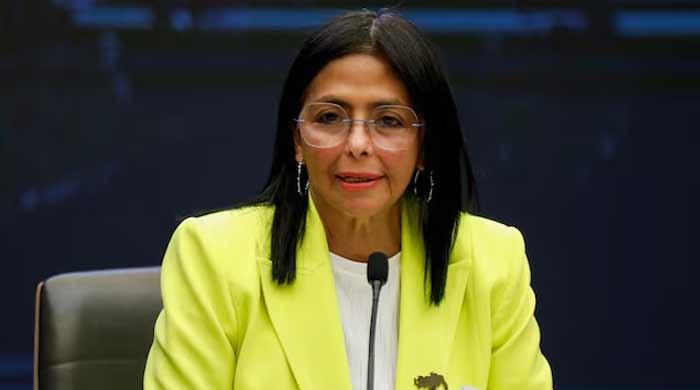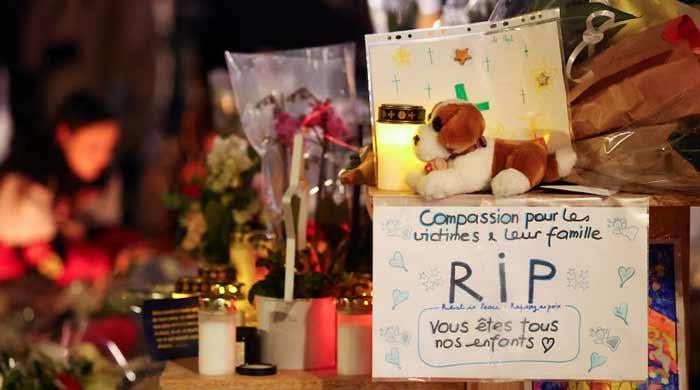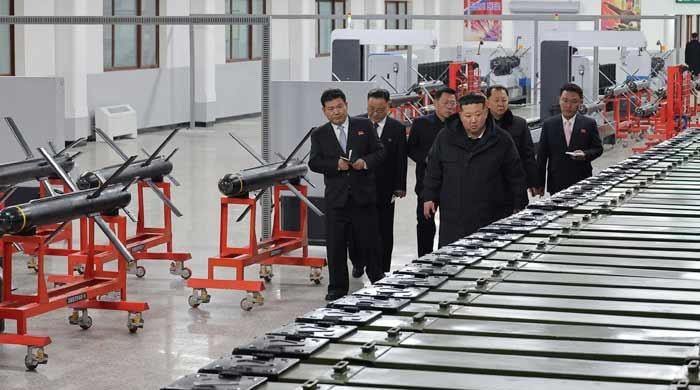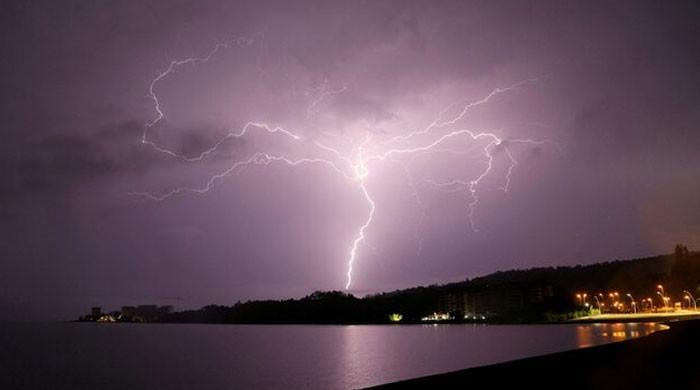Palestinian state 'best way' to resolve conflict with Israel: Biden at UN
United States will help resolve crises from Iran to the Korean Peninsula to Ethiopia, President Joe Biden says
September 21, 2021
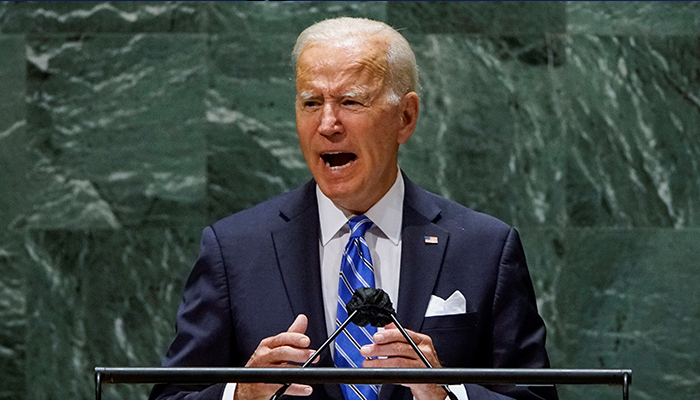
- "We must seek a future of greater peace and security for all people of the Middle East," says Biden.
- US to help resolve crises from Iran to the Korean Peninsula to Ethiopia, he adds.
- US opening a new era of "relentless diplomacy" after ending Afghanistan war, he says.
- Biden says he remains committed to peacefully resolving a dispute with Iran.
NEW YORK: US President Joe Biden on Tuesday said that a sovereign and democratic Palestinian state is the "best way" to ensure Israel's future.
"We must seek a future of greater peace and security for all people of the Middle East," Biden said his first United Nations address.
"The commitment of the United States to Israel's security is without question and our support for an independent Jewish state is unequivocal," he said.
"But I continue to believe that a two-state solution is the best way to ensure Israel's future as a Jewish democratic state, living in peace alongside a viable, sovereign and democratic Palestinian state," he said.
"We're a long way from that goal at this moment but we should never allow ourselves to give up on the possibility of progress."
Biden also mapped out a new era of vigorous competition without cold war, promising restraint from the US military and new commitments to cope with climate change.
The United States would help resolve crises from Iran to the Korean Peninsula to Ethiopia, Biden told the annual UN General Assembly gathering.
The world faces a "decisive decade," he said, and leaders need to work together to fight a raging coronavirus pandemic, a warming planet and cyber threats. He said the United States would double its financial commitment on climate aid and spend $10 billion to fight hunger.
Biden didn't address America's rising authoritarian competitor, China, directly but sprinkled implicit references to Beijing throughout his speech, as the United States butts heads with China in the Indo-Pacific and on trade and human rights issues.
He said the United States will compete vigorously, economically and to push democratic systems and rule of law.
"We'll stand up for our allies and our friends and oppose attempts by stronger countries to dominate weaker ones, whether through changes to territory by force, economic coercion, technical exploitation or disinformation, but we're not seeking — I'll say it again, we are not seeking a new Cold War or a world divided into rigid blocs," he said.
Biden came to the United Nations facing criticism at home and abroad for a hasty US withdrawal from Afghanistan that left some Americans and Afghan allies still in that country and struggling to get out.
His vow for allied unity is being tested by a three-way agreement between the United States, Australia and Britain that undermined a French submarine deal and left France feeling stabbed in the back.
"We've ended 20 years of conflict in Afghanistan and as we close this era of relentless war, we're opening a new era of relentless diplomacy," Biden said.
Biden vowed to defend vital US national interests, but said "the mission must be clear and achievable," and the American military "must not be used as the answer to every problem we see around the world."
Biden, a Democrat, hoped to present a compelling case that the United States remains a reliable ally to its partners around the world after years of "America First" policies pursued by his Republican predecessor Donald Trump.
Overcoming global challenges "will hinge on our ability to recognise our common humanity," he said.
Biden added that he remained committed to peacefully resolving a dispute with Iran over its nuclear programme.
UN Secretary General Antonio Guterres, who begins a second five-year term at the helm of the world body on January 1, warned earlier of the dangers of the growing gap between China and the United States, the world's largest economies.
"I fear our world is creeping towards two different sets of economic, trade, financial and technology rules, two divergent approaches in the development of artificial intelligence — and ultimately two different military and geo-political strategies," Guterres said.
"This is a recipe for trouble. It would be far less predictable than the Cold War," Guterres said.





